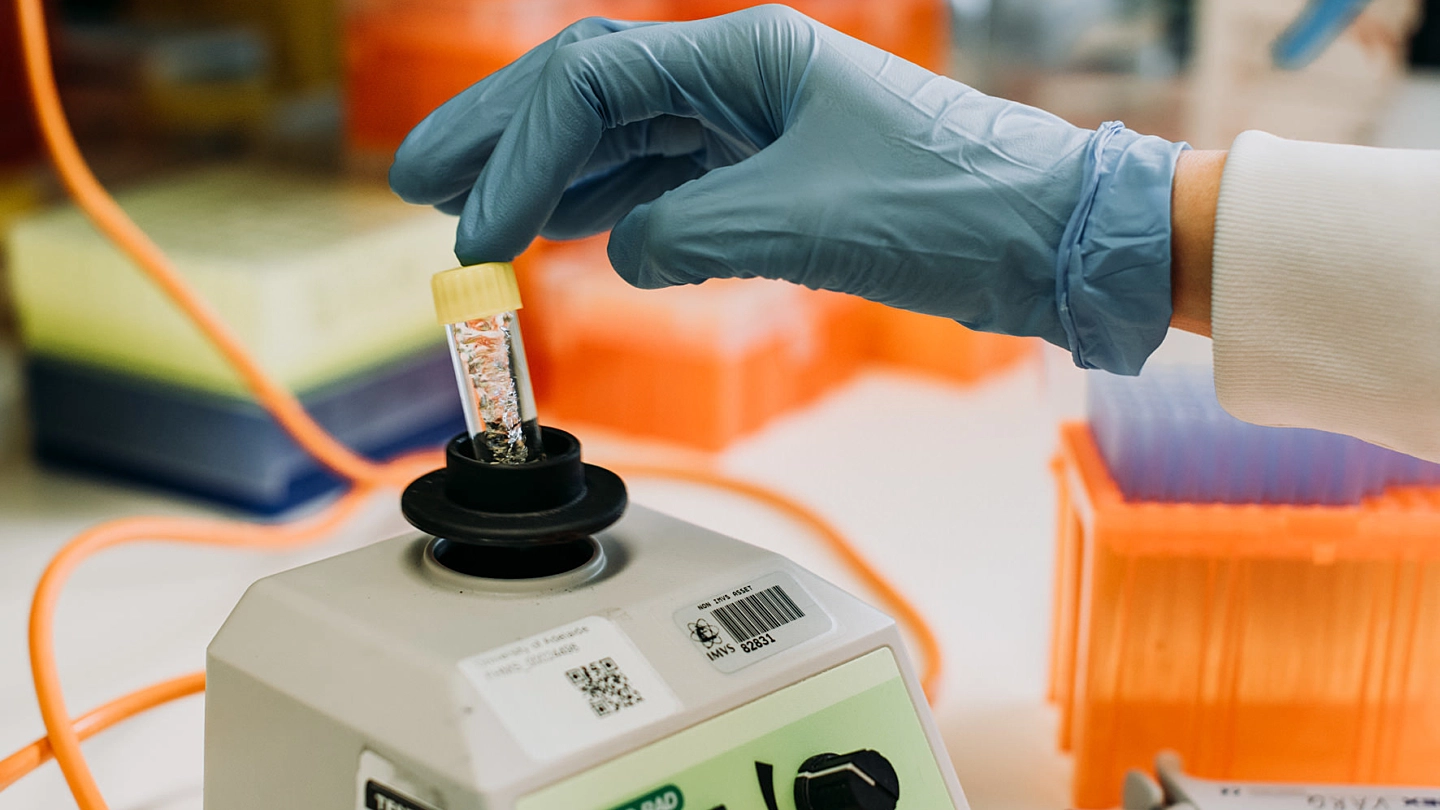Lipids are molecules that exist in every cell in the body and there are hundreds of different types.
This international collaborative program, led by this group at SAHMRI, is looking at lipid profiles and how lipids are metabolised in prostate cancer cells. The aim is to exploit these processes to improve the management of prostate cancer.
Major avenues of research include developing new drugs to target lipid metabolising enzymes, identifying lipids and classes of lipids that can help predict tumour behaviour, discovering the spatial distribution of lipids within human tumours and defining the link between obesity and prostate cancer to improve clinical management of disease.
Lipids and their metabolic pathways are emerging as a novel therapeutic target for numerous cancers.
The advent of high throughput ‘omics’ approaches to analyse lipid profiles in clinical prostate cancer samples has enabled this team to generate unique information on how lipids change during prostate cancer progression and response to treatment.
This project uses this information to develop new diagnostic and prognostic markers that can predict prostate cancer behaviour. Furthermore, the enzymes responsible for these lipid profile alterations are being further developed as novel therapeutic targets for prostate cancer.
Another arm of this program is exploring the localisation of specific lipid species within human prostate tumour tissues. Use of this team's patient-derived explant model, which retains tumour microenvironment and cellular heterogeneity, in combination with state-of-the-art mass spectrometry imaging technology is revealing that lipid profiles correlate with pathological state.
In addition to lipids produced within cancer cells, fat cells are another source of lipids and these can also influence the behaviour of prostate cancer cells. As such, obesity is associated with increased prostate cancer incidence and aggressiveness. The team is investigating the association between obesity and prostate cancer which has the potential to facilitate patient interventions that will improve response to therapy.


